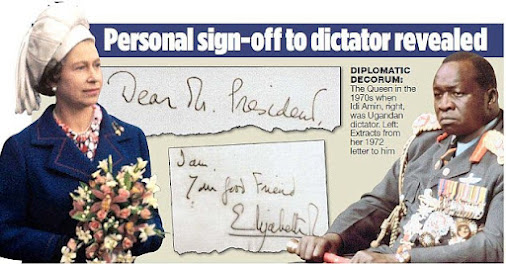By Izielen Agbon
The inflation rate in Nigeria is currently at 20.5% according to CBN. The prices of bread, cereals, potatoes, yam and other tubers, fish, meat, oil and fat have increased dramatically. The Consumer Price Index has increased from 100 in 2009 to 465 in 2022. However, nominal or monetary wages have remained stagnant. The real wages or purchasing power of workers have reduced. Nigerian workers must examine past struggles to learn the strategies and tactics used by workers in the past in their struggles against inflationary trends in the economy. A look at the struggles of Nigerian workers against inflation in 1941 offers a few lessons.
Consumer Prices had generally doubled in Lagos between 1939 and 1940. In February of 1941, under the Defence Regulations (Public Notice No.15) of 1941, the Colonial State imposed price control measures on essential food items in Lagos. The prices of items such as pepper, gari and beans were controlled by the State. In March of 1941, other food items such as egusi (melon seed), rice, beef, mutton and pork were added to the list. The price control measures were also extended to provincial markets.

































